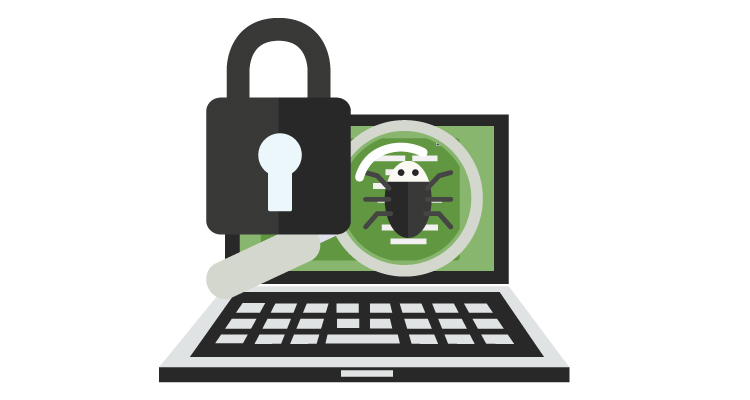You’ve done the job and now you’re itching to get paid—not so fast. In the scurry to get paid it’s important that you still remember some basics about secure payment. Fraud is rampant online and it pays to be safer than sorry. Here are a few things to remember when you receive payments to make sure you’re doing it securely:
Table of Contents
ToggleKeep Your Account Numbers Safe
You shouldn’t give bank account information through email or through any other unsecure system. Hackers or untrustworthy people could access this information. You should ideally be putting your account information through a secure system where the client doesn’t have access to the account numbers. If they need the information to send you an ACH payment, consider giving it over the phone rather than through email to receive payments. Also, you may want to think about setting up a separate bank account for these payments so if a hacker does get access to the account number they won’t have access to all of your money.
Create Secure Passwords
There are a few basic rules for secure passwords. You shouldn’t keep the same password for every single online system you use. If you have the same password for Facebook, Twitter, email, online banking, and your payment system, a hacker can access all of your accounts if they unlock one. Change your passwords frequently and make them challenging. The password shouldn’t have your name, birthdate, words that are in the dictionary or any other identifying markers that someone could figure out.
Look Out for Phishing Scams
Phishing is when a scammer sends an email posing as a reputable company to get you to click on links or enter account information that they can use for fraud. Your spam folder should catch a majority of phishing emails, but some can get through to your regular inbox.
Phishing emails look like they could be coming from an actual company because of the design. Take a look at the email address that it’s coming from and you’ll likely notice it’s a bit off. There could be a misspelling or an extra word.
I got an email from my “bank” recently that had the word email after the bank’s name, which is not typical. You could get phishing emails that look like they’re from your bank or payment processor. Be careful not to click links or respond to the email. Report the email instead.
Work With People You Trust
It can be hard to predict who is and isn’t trustworthy before you actually start working with them, but some red flags can jump out at you. Are they organized? Unorganized companies may not take the proper steps to secure your payment information. What do other employees and customers say? Are they known to operate ethically? You can look at company reviews and employee reviews to get a sense of the business’s track record.
Final Word
Securing payments shouldn’t be an afterthought. It’s something you need to think carefully about now so you can avoid getting robbed later. Keep your account numbers private and follow good password practices. Work with trustworthy people and keep an eye out for phishing scams to protect your money.













